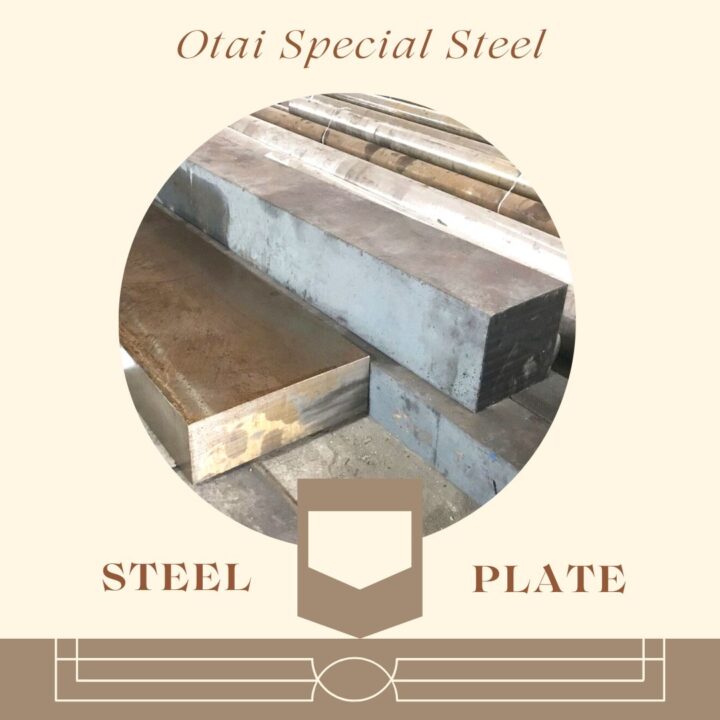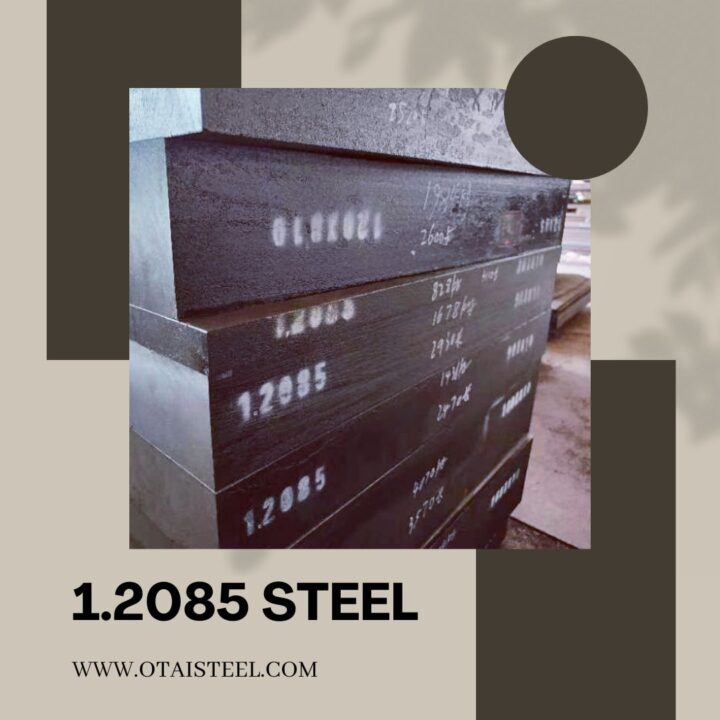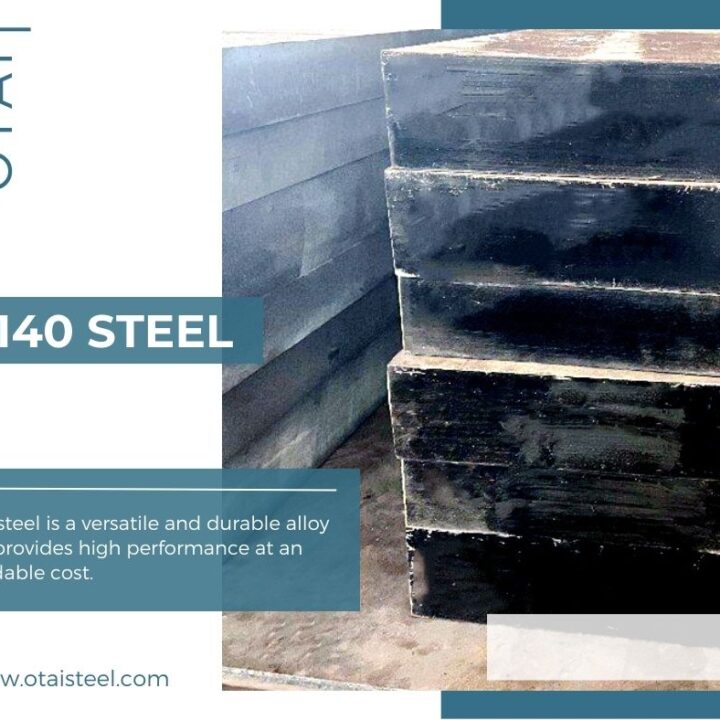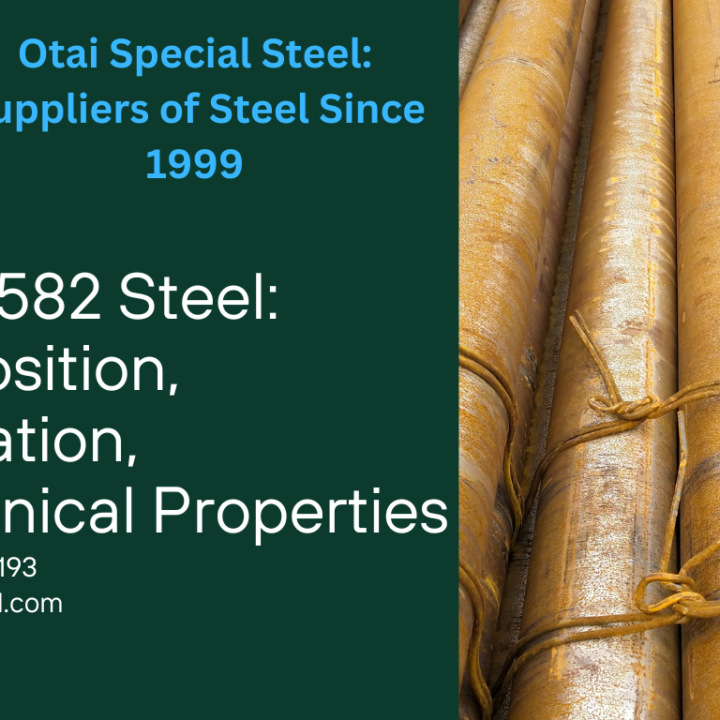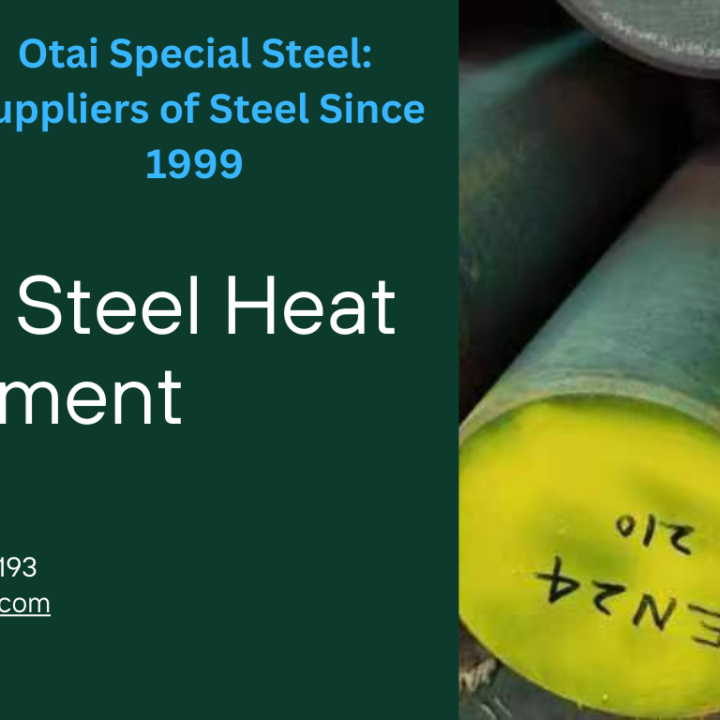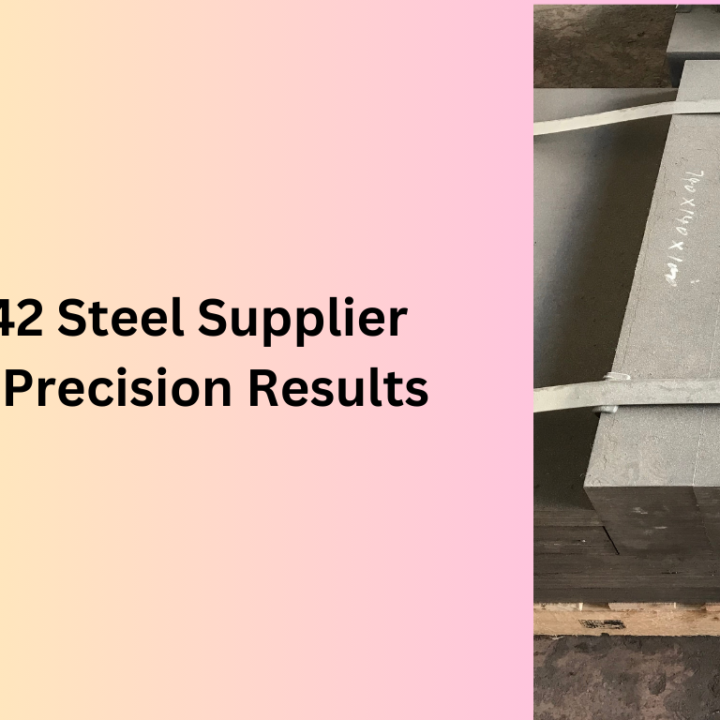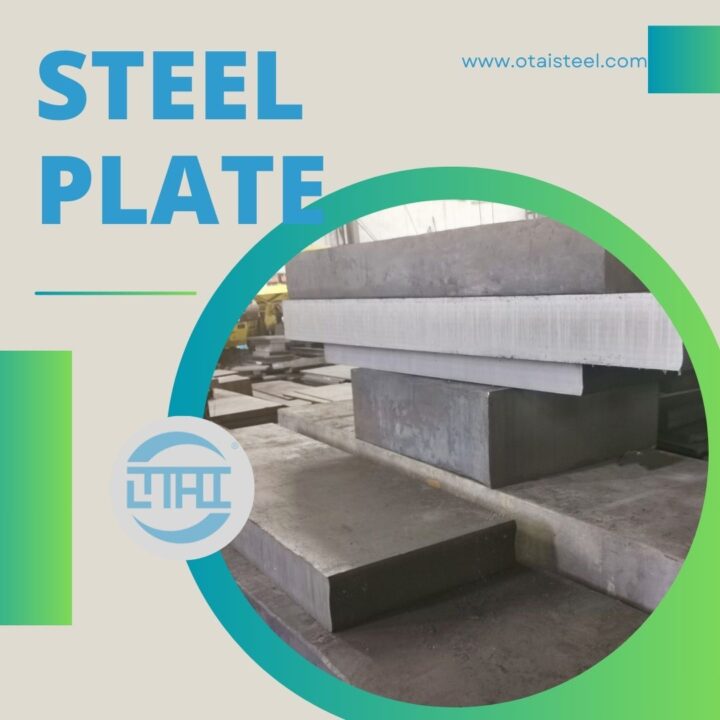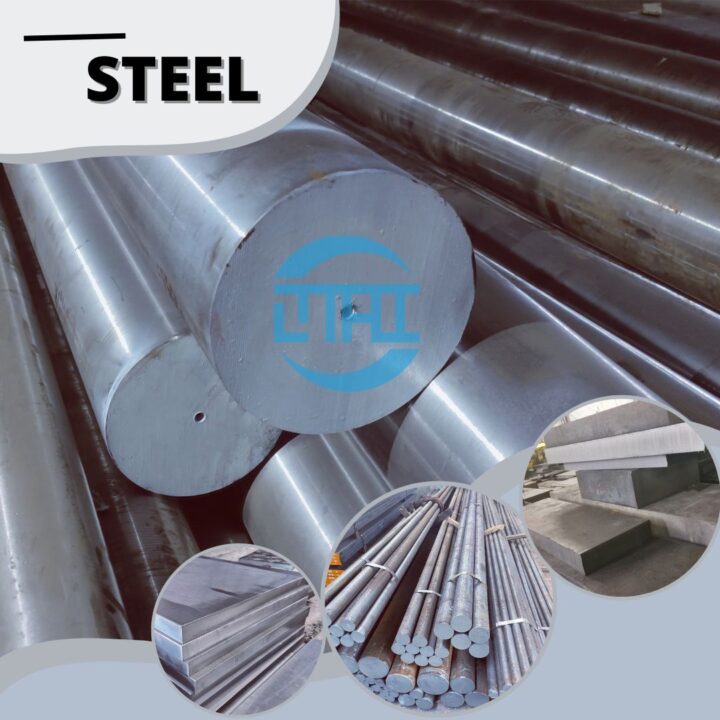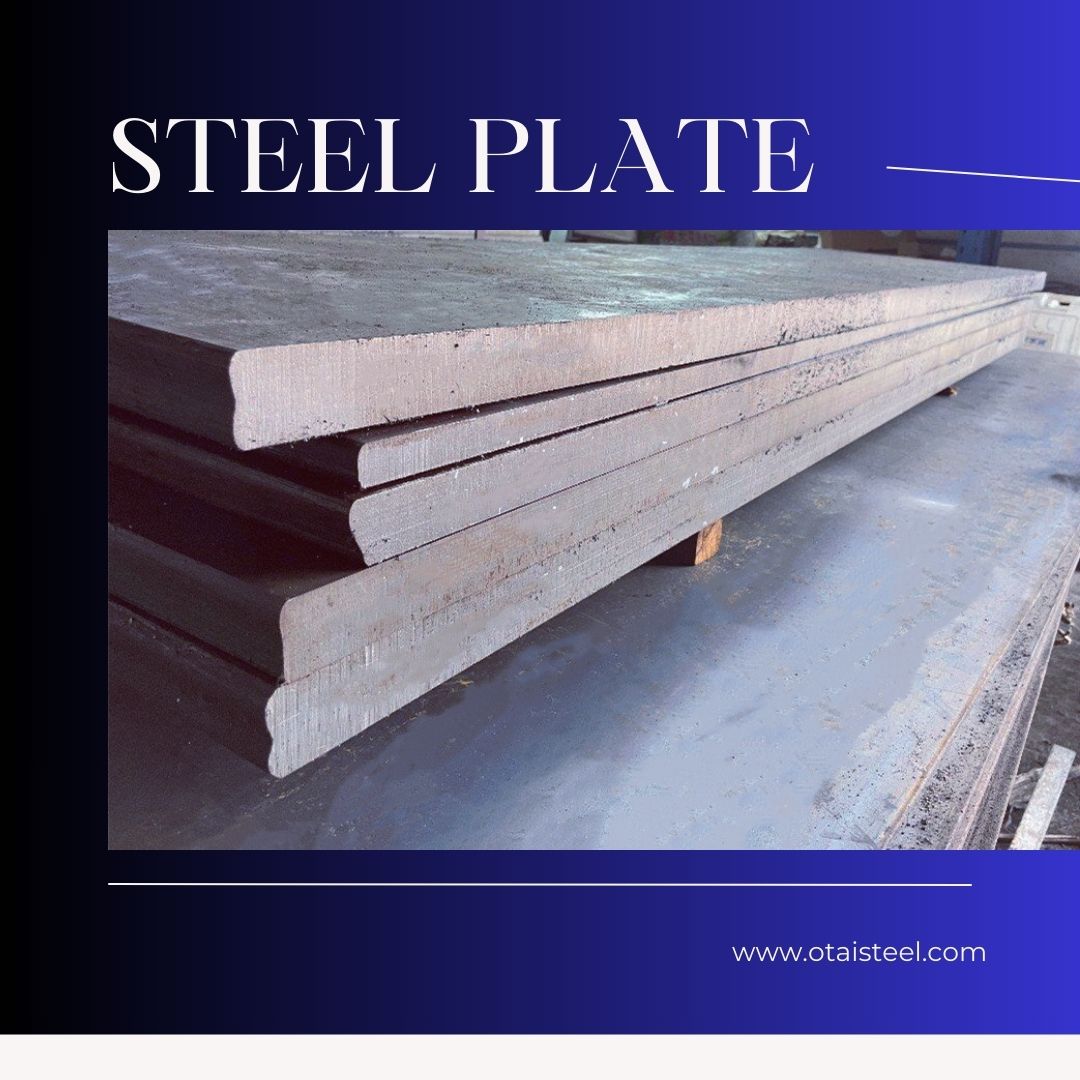 18crnimo7-6 chemical composition Frequently Asked Questions:
18crnimo7-6 chemical composition Frequently Asked Questions:
- Why is the chemical composition of 18crnimo7-6 steel important?
- The chemical composition defines the alloy’s properties, including strength, corrosion resistance, and heat tolerance, crucial for various applications.
- How does chromium contribute to the corrosion resistance of 18crnimo7-6 steel?
- Chromium forms a protective oxide layer, guarding the steel against corrosion and ensuring durability in challenging environments.
- What role does molybdenum play in 18crnimo7-6 steel’s performance at high temperatures?
- Molybdenum enhances the alloy’s strength at elevated temperatures, making it suitable for applications exposed to heat and stress.
- How does the density of 18crnimo7-6 steel compare to traditional steel alloys?
- 18crnimo7-6 steel often has a higher density, providing a unique balance of strength and weight.
-
In which industries is steel density a critical consideration?
- Aerospace, automotive, and manufacturing industries prioritize steel density for efficient design and performance.
- Is 18crnimo7-6 steel suitable for high-temperature applications?
- Yes, the alloy exhibits excellent heat resistance, making it ideal for high-temperature environments.
- What industries commonly use 18crnimo7-6 steel?
- Aerospace, manufacturing, and energy industries frequently leverage the unique properties of this steel.
- How does 18crnimo7-6 steel compare to traditional steel alloys?
- It surpasses traditional alloys in terms of strength, corrosion resistance, and durability.
- Are there any environmental concerns related to the production of 18crnimo7-6 steel?
- The alloy is produced with a focus on sustainability, minimizing environmental impact.
-
Can 18CrNiMo7-6 steel withstand exposure to saltwater?
- Absolutely, the corrosion-resistant properties of this alloy make it well-suited for applications in marine environments.
- How does 18CrNiMo7-6 protect against wear in addition to corrosion?
- The alloy’s corrosion resistance contributes to its wear resistance, ensuring components like gears and shafts can withstand both environmental factors and constant friction.
- Is 18CrNiMo7-6 suitable for use in chemical processing plants?
- Yes, its corrosion resistance makes it a reliable choice for applications in chemical environments, where exposure to corrosive substances is common.
- Does 18CrNiMo7-6 require special maintenance to preserve its corrosion resistance?
- While routine inspections are advisable, the alloy’s corrosion resistance minimizes the need for frequent maintenance, making it a cost-effective choice.
- Can 18CrNiMo7-6 be used in outdoor construction projects?
- Certainly, its ability to withstand atmospheric exposure makes it suitable for outdoor construction, providing both strength and corrosion protection.
-
Is 18CrNiMo7-6 steel suitable for outdoor applications?
- Absolutely, its corrosion resistance makes it an excellent choice for outdoor environments where exposure to the elements is a concern.
- How does 18CrNiMo7-6 steel compare to other alloys in terms of machinability?
- It excels in machinability, offering engineers and manufacturers an alloy that is not only strong but also easy to work with during the production process.
- Can 18CrNiMo7-6 steel withstand high-temperature conditions?
- Yes, its ability to perform under heat stress makes it a reliable choice for industries where elevated temperatures are part of the operating environment.
- What makes 18CrNiMo7-6 a preferred choice for gear manufacturing?
- Its combination of exceptional strength, toughness, and wear resistance makes it an ideal material for gears subjected to varying loads and conditions.
- Are there specific industries where 18CrNiMo7-6 steel is commonly used?
- Yes, the alloy finds widespread use in automotive engineering, heavy machinery manufacturing, and various industrial applications due to its versatile properties.
